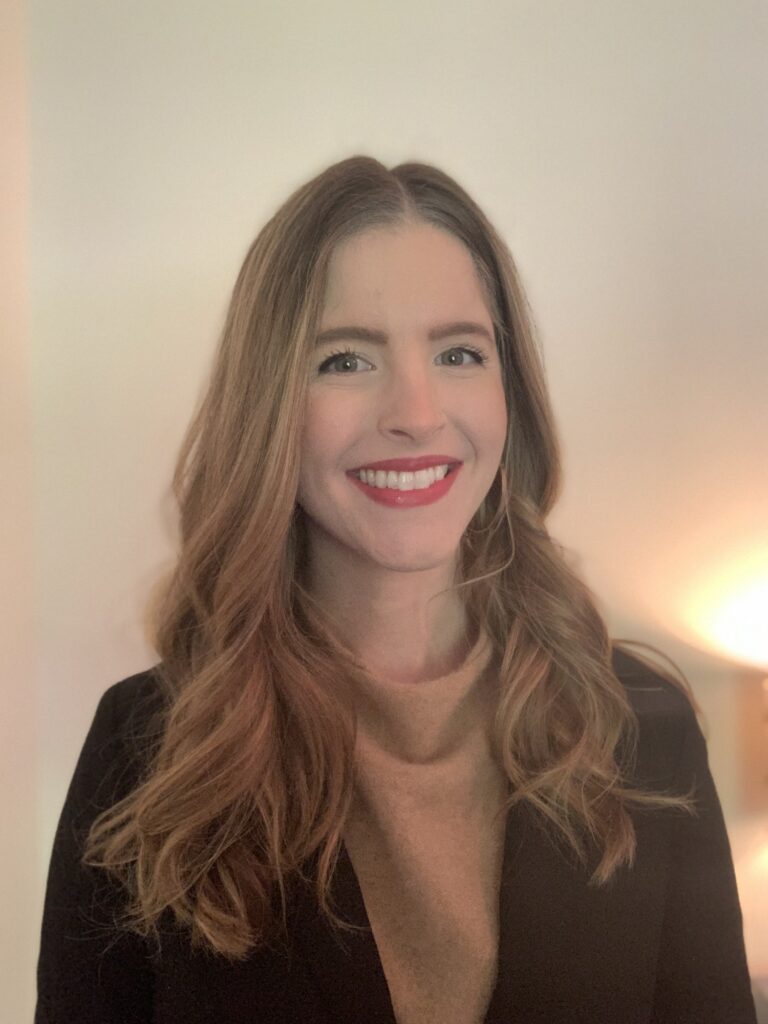May 31, 2022. By Kacey Wyman.

One rainy weekend morning, when I was nine, my mom took me to the local hardware store with her. As we walked down the aisles, I started badgering her about going home. After a few minutes of complaining, my mom walked me into an empty bathroom and told me it was important we kept running errands due to her medical condition, Lupus, that impacted her energy levels. She explained that days like this were rare for her, and she needed to take advantage of it.
According to the CDC, six in ten Americans are living with at least one chronic illness. These illnesses – like lupus, diabetes, and others – are often noted for the physical limitations they generate. Many people living with such illnesses experience a weakened immune system, constant fatigue, and “flare ups” that affect the body. But these illnesses can also wreak havoc on a person’s mental health. According to the National Institute for Mental Health, people with chronic medical conditions are at a higher risk of developing depression and other mental health concerns. Conversely, imbalanced mental health influences physical well-being and can increase one’s risk for developing a persistent physical health problem. One can see how quickly a cycle can emerge.
Today, as a N.C. Schweitzer Fellow and a graduate student of Social Work at UNC Chapel Hill, I co-lead a pilot program serving individuals living with a chronic, autoimmune disorder by providing integrative health services that address both physical and mental health. I have personally witnessed the negative impact chronic disease can have on one’s mental health. These illnesses often disrupt basic daily living; some cause agonizing severe joint or muscle pain, while others require a strict routine of daily treatment to avoid hospitalization or even death. Such unique risks and ongoing responsibilities leave many people feeling out of control and isolated.
However, I’ve also witnessed simple ways in which mental health is improved for those living with persistent diseases. One service we offer in the aforementioned pilot program is a peer support group. We meet monthly on Zoom and connect through open discussion on the struggles and victories experienced while living with a chronic autoimmune disease. When these sessions first started, a common sentiment of many participants was that it seemed like they had no one to talk to who understands their unique issues. Many testified to having a support network, but that it was a different and valuable experience to share stories with peers who could relate.
At the first support group, a young man shared about suicidal thoughts he experienced when he was initially diagnosed. This stirred powerful conversations around mental health, including depression, anxiety, and isolation. Every person who shared that evening spoke of their own mental health challenges. By the end of the session, a new community was forming; people were sharing their contact information, asking to talk further outside of the meetings. Observing that night’s conversation, it seemed to me as if many of the people in the group that evening had their own “mental health story”, but lacked an effective outlet to discuss their profound challenges with others who possess experiential knowledge. That night the peer support group became that outlet.
Research exclaims social support and connection are fundamental to human well-being, yet standard treatment of chronic illness focuses primarily on physical health concerns. Peer support groups provide an opportunity for those living with lupus, cancer, substance abuse disorders, or one of the many other chronic conditions, to have a space that addresses their unique mental health needs. This strategy is cost-effective and can be provided with few resources. Given the vicious cycle that can develop between chronic illness and mental health, it is imperative we integrate strategies like peer support groups into standard medical care of individuals with persistent diseases. By doing so, we can pave the way for a stronger quality of life.
Kacey Wyman
2021-22 NC Schweitzer Fellow
UNC School of Social Work student, Class of 2023
